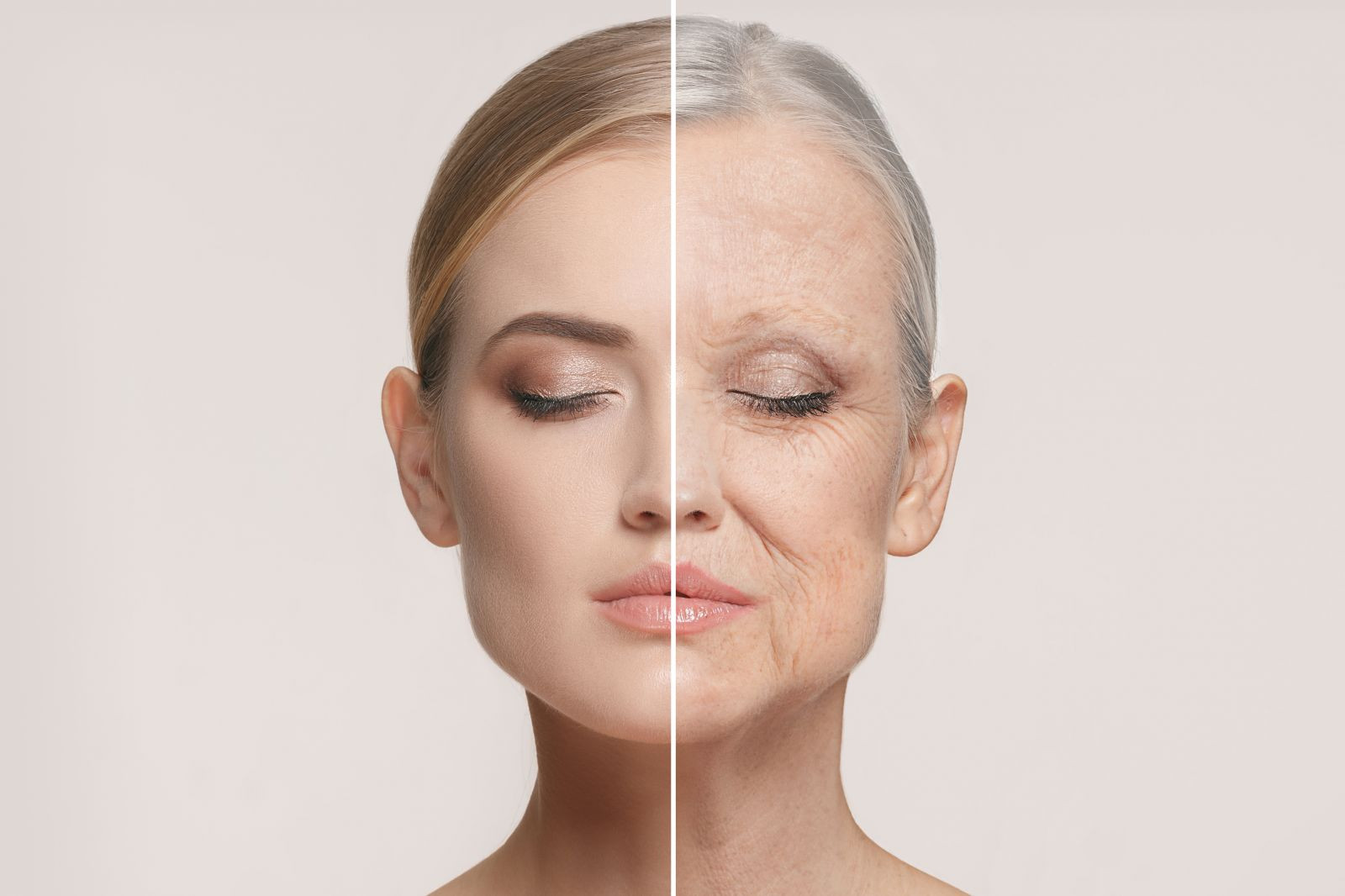Hygiene habits are often considered mundane daily rituals, but they can reveal a lot about a person’s character and lifestyle.
From meticulous routines to spontaneous approaches, how individuals prioritize and execute their hygiene practices can reflect deeper aspects of their personality and mindset.
1. Carrying Back-Up Hygiene Products Everywhere
Individuals who carry spare hygiene products tend to prioritize preparedness and reliability. Their conscientiousness in anticipating unforeseen circumstances suggests a proactive mindset.
It indicates a preference for being well-equipped in various situations, demonstrating a practical and forward-thinking approach to daily life.
2. Brushing After Every Meal

People who diligently brush their teeth after every meal exhibit a strong commitment to oral hygiene and cleanliness. This habit signifies discipline and attention to detail.
Such individuals likely value health and presentation, placing importance on maintaining a fresh appearance and minimizing dental issues. Their consistent behavior reflects a structured approach to personal care.
3. Showering In The Morning No Matter What

Individuals who religiously shower in the morning, regardless of other factors, prioritize starting the day feeling refreshed and rejuvenated. This habit suggests a preference for structure and routine.
They likely derive a sense of readiness and mental clarity from this daily ritual, setting a positive tone for the day ahead and emphasizing personal hygiene as a non-negotiable aspect of their daily agenda.
4. A Super-Rigid Routine
Those adhering to a super-rigid hygiene routine likely value order and predictability in their lives. Their meticulous approach extends beyond basic hygiene to encompass broader aspects of daily living.
Such individuals thrive on consistency and may find reassurance and productivity in sticking to a strict regimen, reflecting traits of discipline, organization, and possibly a preference for control over their environment.
5. Having No Routine
Conversely, individuals with no fixed hygiene routine may embrace spontaneity and flexibility in their lifestyle. This lack of structure could stem from a desire for freedom from constraints or a preference for adapting to each day as it unfolds.
They might prioritize other aspects of life over a rigid hygiene schedule, potentially valuing creativity, exploration, or responsiveness to changing circumstances.
6. Prepping The Night Before
People who prepare their hygiene regimen the night before exhibit foresight and efficiency. This proactive behavior suggests a desire to optimize time management and reduce morning stress.
Such individuals likely appreciate the benefits of planning ahead, enabling them to start each day with minimal delay or uncertainty.
This habit reflects a strategic approach to balancing personal care with daily responsibilities.
7. Taking Shortcuts In Your Routine
Individuals who take shortcuts in their hygiene routine may prioritize practicality and convenience over meticulousness. This behavior could indicate a preference for efficiency or a busy lifestyle that demands quick solutions.
While they may not adhere to traditional norms of extensive self-care, they likely value functionality and effectiveness in their approach to personal hygiene.
Conclusion
In summary, our hygiene habits provide insightful clues into our personalities and lifestyles. Whether meticulously planned or spontaneously executed, these daily rituals reflect individual preferences, values, and approaches to life.
By understanding the underlying motivations behind these habits, we gain a deeper appreciation for how personal hygiene intertwines with broader aspects of character and behavior.
Next time you observe someone’s hygiene habits, consider what they might reveal about their unique personality traits and perspectives on daily living.




